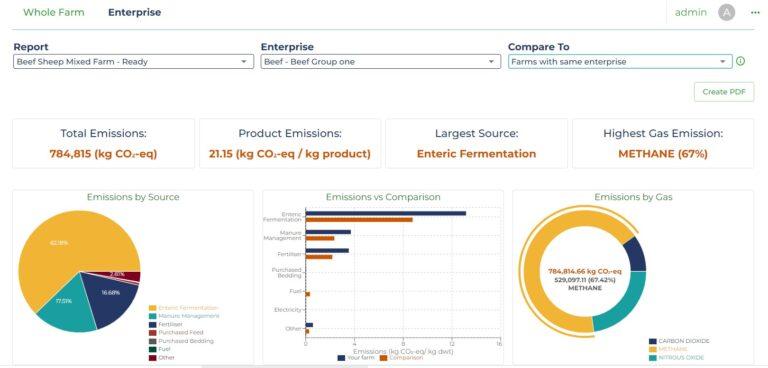
Coppice willow for cattle grazing – a way forward in methane reduction
Setting up a living lab with coppice willow for cattle grazing is something relatively alien in the British farming landscape. Professor John Gilliland shares the experience he synthesised and put to practice on his farm, with an aim to understand how willow grazing decreases methane emissions from ruminants and delivers other benefits, such as reducing runoff risk and preventing erosion in riparian strips.



